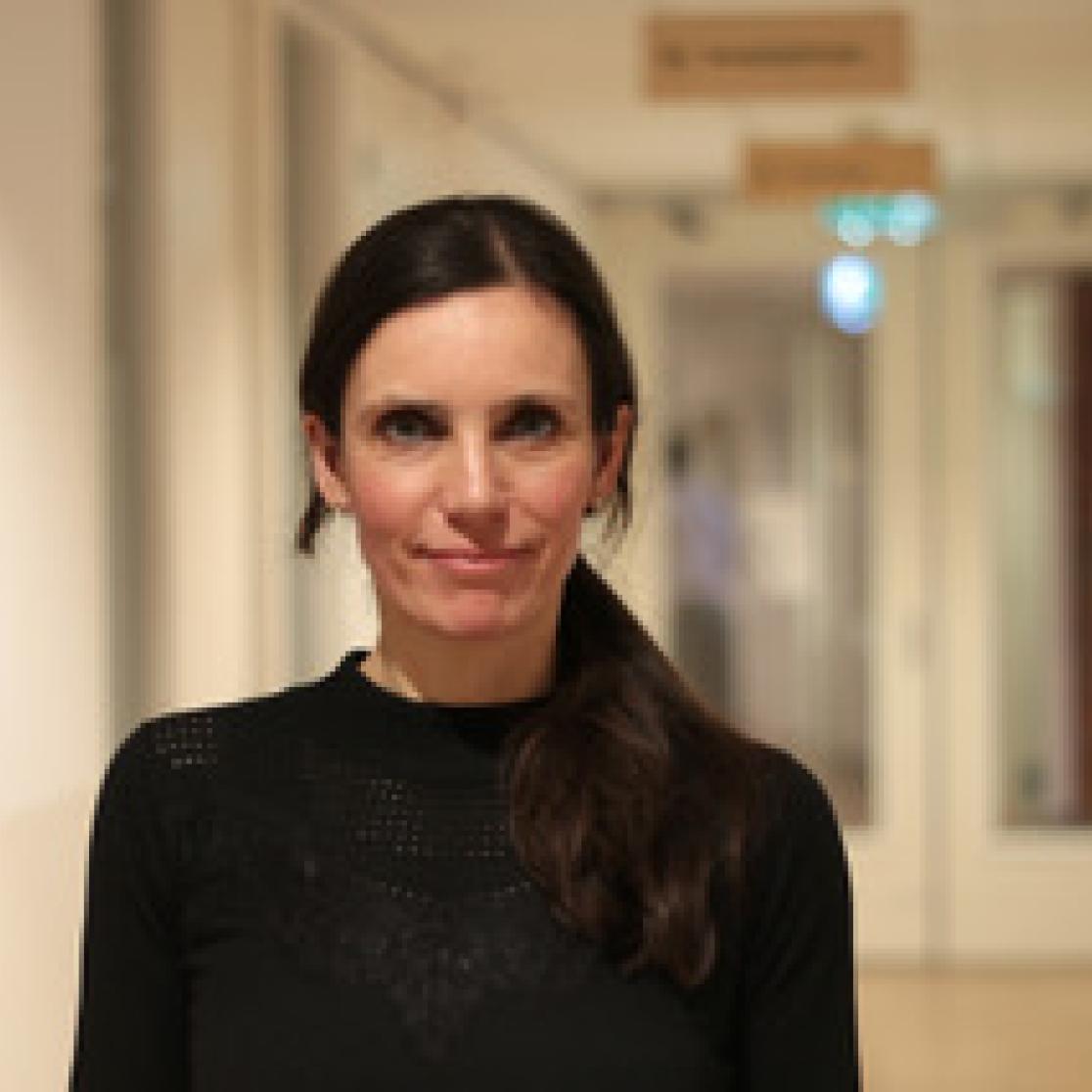TRADE-Project
Care for Post Traumatic Stress Disorder (PTSD) in dementia patients needs to improve!
‘The TRADE-project is born in practice. I saw that problem behavior was common in people with a traumatic life report’.
It is estimated that, in the Netherlands, minimally 8% of people with dementia, also suffer from PTSD. In 2020, this concerns 22.400 people. In the following years, this number will increase exponentially. Current traumatic experiences during the corona crisis contribute to this. Because people with PTSD are twice as likely to develop dementia.
The fact that PTSD often develops so late (late-onset PTSD) is possibly because people experience loss and impotence during this phase of life, for example due to confinement in an admission ward. In addition, serious events are often stored “deeper” into the brain and remain intact long, even in people with dementia.
There is often no right help for people with dementia. There isn't any proven, effective treatment advice for PTSD. In addition, if someone can no longer properly tell their life story, the diagnosis of PTSD is often missed. And that while it is precisely in people with dementia that the experiences of these violent events often revive (re-experiences). People with dementia and PTSD live in constant fear and apprehension, and are trapped in the re-experience of heavy events which are paired with screaming and aggression. Everyone feels powerless: family members, healthcare workers and fellow residents.
The TRauma And Dementia (TRADE) research takes place in a unique collaboration between UM (MHeNs / AWO-ZL), UMC / AMC Amsterdam, ARQ National Psychotrauma Center, Mondriaan as GGZ and all major regional care institutions: Meandergroep, Cicero- zorggroep, Envida and Sevagram.
The TRADE-project focusses on PTSD in dementia. The main goal is to develop a guide for the treatment of PTSD in people with dementia’. The TRADE-interview is a recently developed diagnostic tool with which a diagnosis of PTSD can be reliably made for people with dementia. Next, the TRADE-interview will be further developed in clinical practice. Next, benefits from appropriate trauma treatment (Eye Movement Desensitization and Reprocessing; EMDR) will be investigated. Does EMDR improve quality of life? Does it result in lower healthcare costs?

Sjacko Sobczak works as a psychiatrist in elderly care at Mondriaan and as a senior researcher at MHeNs. Her main focus as a psychiatrist is consulting in several regional nursing homes.
Together with other researchers she set up the TRauma And DEmentia (TRADE)-project in order to improve care for subjects with dementia and suffering from comorbid PTSD.